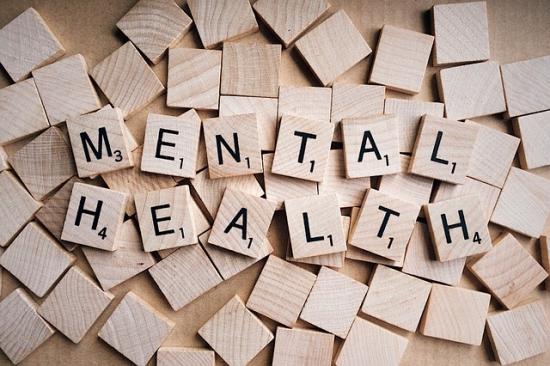Written by Shaykh Omar Husain

There are many myths about mental health counseling which are prevalent within the Muslim community. Here are the top 5 that I have noticed:
Myth 1: “Mental health care is only for people who are of a White/European background.”
There has been a major push towards diversity in counseling over the past several years. When I first entered my counseling program, I was expecting to be taught that we all need to follow Sigmund Freud. Completely false! There are many theories which are used, and a substantial effort is made to teach diversity and multiculturalism.
When a professor of mine found out I was going to miss a few weeks of class for Hajj, he told me I did not have to turn in the articles that were due. Instead, he asked me to give a presentation on Hajj. Guess which class this was? That’s right, cultural diversity, which is mandatory. I have had as engaging a discussion with my classmates as I have had in any setting on racial issues and discrimination.
Myth 2: “I’m not going to get better by talking to someone.”
No method is ever guaranteed. Neither is any medicine, for that matter. However, people do get better. Marriages are saved, people get off drugs, and people stop being depressed. By the way, counselors actually utilize talk therapy less than some others in the field of mental health.
Myth 3: “You are weak if you have issues related to your mental health.”
This statement is simply not correct. Mental health is a human problem. We have many du’as of the Prophet (peace be upon him) seeking refuge from sadness, depression, and grief. Human beings experience these emotions.
How can a refugee who sees their family killed in front of them not have any trauma after that? How can someone who is abused since childhood just “get over it”? “Well, we didn’t need any help and we turned out fine,” people say. Funny how people who say that often have the worst relationships in the community.
Myth 4: “Going to counseling negates trust in Allah.”
Counseling is a medium that Allah gave us. Taking medicine doesn’t negate our trust in Allah. We always believe He ultimately cures. It is not different in counseling. The counselor is simply a medium. As long as the counselor respects your values (which is almost standard practice), you are not negating Allah as the final authority.
Anas ibn Malik reported: A man said, “O Messenger of Allah, should I tie my camel and trust in Allah, or should I leave her untied and trust in Allah?” The Messenger of Allah (saws) said, “Tie her and trust in Allah.” [Narrated in Sunan at-Tirmidhi]
Myth 5: “Counseling is never done in our communities and is a waste of time.”
This one is quite humorous. A family will come to the office of the Imam or Shaykh and sit and talk for two hours. You know what that’s called? Its called counseling! Changing the office does not change the process.
How many more have to suffer in our communities? Let’s break the cycle today by ending the myth that mental health care is not for Muslims.
May Allah (swt) give us strength and true understanding and grant us soundness of mind, body, and soul. Ameen.
Visit the “Contribute to MM” page for more details.












